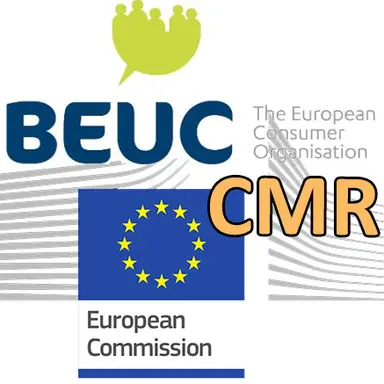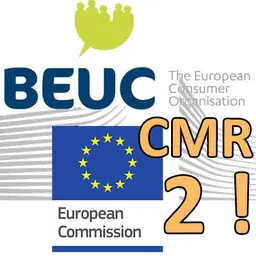
We thought their fate was settled, at least for a good part of them, with the publication expected soon of a Regulation 'Omnibus'. But the process of management of substances classified CMR in cosmetics is still debated. The BEUC (European Consumer Organisation) has just published an open letter to the Working Group on Cosmetic Products, which assists the European Commission in the preparation of legislative acts, announcing its intention to challenge the legality of the text before the European Court of Justice.
Letter of Monique Goyens, Director General of the BEUC, to the Working Group on Cosmetic Products
Dear Member of the Working Group on Cosmetic Products,
At the September 2016 meeting of the Cosmetics Working Group, the European Commission announced that it no longer considers that substances which may cause cancer, change DNA, or harm reproductive health (CMR substances) are automatically prohibited for use in cosmetic products. BEUC, The European Consumer Organisation strongly opposes the Commission’s revised position which may create avoidable and unacceptable health risks for consumers. We enclose a brief overview of our main concerns.
As a first ‘operational’ step in this revised approach, the Commission has proposed an ‘Omnibus Act’ to amend Annexes II, III and V of the Cosmetics Regulation with regard to substances classified as CMR prior to 1 January 2017. In parallel, the Commission is asking Members of the Cosmetics Working Group to endorse a procedure for the future management of newly classified CMR substances.
BEUC questions the legality of the Commission’s revised approach, which would set aside the principles introduced with the Cosmetics Regulation. The Commission seeks to codify its revised approach through implementing measures which de jure would go against the clear wording …














